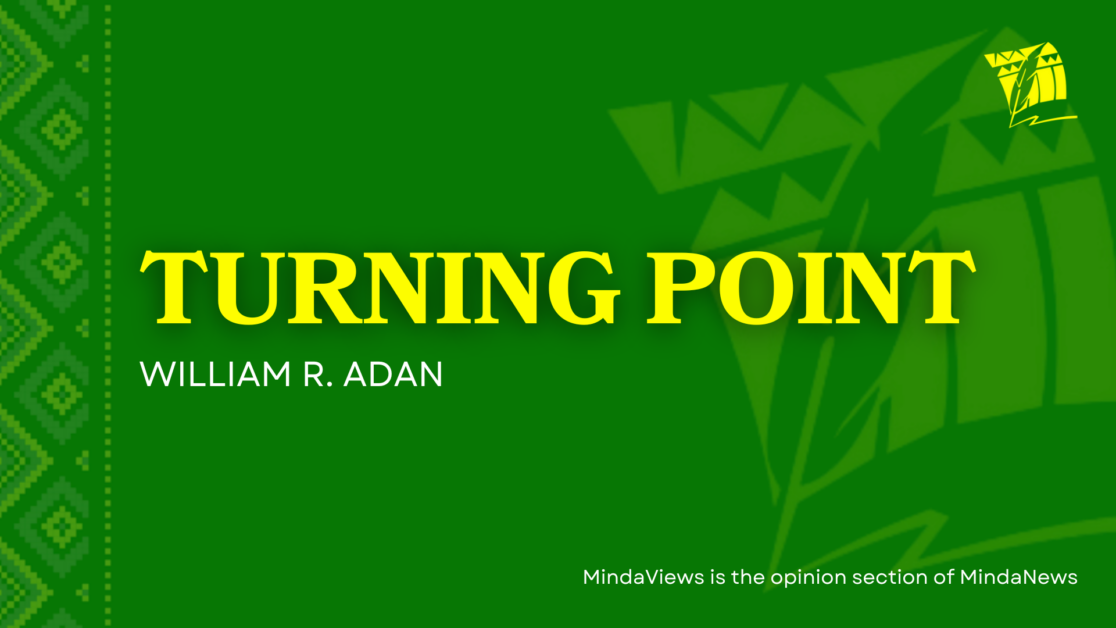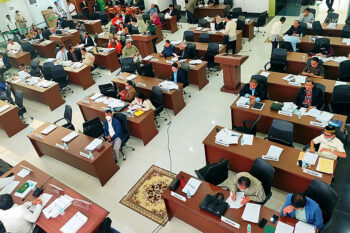
NAAWAN, Misamis Oriental (MindaNews / 27 August) — In the grades and up, reading proficiency is a prerequisite skill in learning other skills and in exploring various realms of knowledge. It is critical in building the human capital of a country to achieve its sustainable development goals, in propelling growth and in effort to reduce poverty. Poor reading proficiency compromises the future of that human capital.
In low- and middle-income countries, says a World Bank study, more than half of the children cannot read and understand a simple story by the end of primary school. This is a learning crisis that threatens the countries’ efforts to build their human capital.
Accordingly, in the Philippines, nine out 10 Grade 4 school children cannot read well. This is alarming. But more alarming and disturbing is the experience of high school teachers in having students who cannot read. This peculiar phenomenon might have been the consequence of the unofficial practice of mass promotion in the elementary grades. The teachers from Grades 1 to 4 are forced to promote their pupils to the next grade level because their performance rating hinges on the number of passers under their watch. Needless to say, the driving force of this anomaly is economic.
Indeed, the country’s learning poverty results from a confluence of interacting factors in the domain of economic and health.
Without a regular source of income, the members of a household suffer from malnutrition, particularly undernourishment. The ill health of a conceiving undernourished mother will likely impact on the mental and physical development of her child. The child comes out from the womb, underweight, weak and sickly.
It is a common knowledge that poor families a have large number of children. This is so because sex is generally the only source of pleasure, which is free, for poverty-stricken couples. Out from the womb, the child starts right there and then to compete with its siblings for whatever available food on the table.
For lack of food and proper nourishment, the child, like its older siblings, is underweight and stunted.
Most children in such adverse economic and health condition do not go to school. If, by chance, they do, it would be at later age: they would stand out then being the oldest and the smallest in class. They go to class hungry without the vital energy to learn. Thus their performance is damning poor. They either sulk and become isolated or become irritable, angry and aggressive, a behavior that would easily throw them into conflict.
The readiness to read varies from child to child. The exposure, however, to reading materials like books and magazines gives advantage to children of well-to-do families. Moreover, the elders in said families often assist in the classroom teacher’s effort in teaching children how to read, a concern that is not generally obtaining among hard-up households whose older members might have been learning-deprived and are occupied with mundane tasks for survival.
Reducing the number of subjects in the primary grade curriculum to just English, Mathematics, Science, and Good Manners and Right Conduct may have little impact in improving reading proficiency unless the interplay of factors behind the learning crisis are seriously addressed.
To improve the quality of the country’s human capital, the government ought to invest heavily in creating livelihood opportunities, health services and family planning, and supplemental feeding program in primary schools and among children of primary age in blighted communities.
(MindaViews is the opinion section of MindaNews. William R. Adan, Ph.D., is retired professor and former chancellor of Mindanao State University at Naawan, Misamis Oriental)







